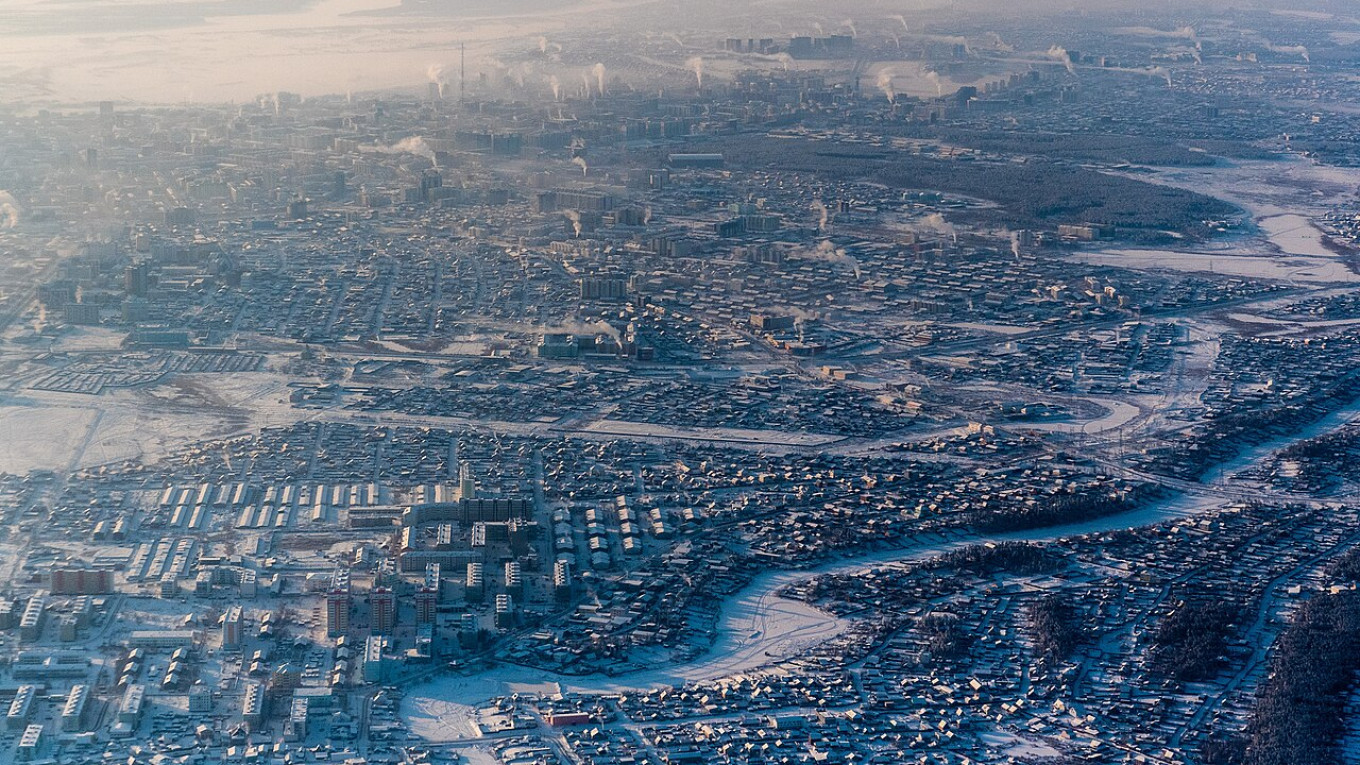Authorities in Russia’s Sakha Republic (Yakutia), known for being one of the coldest places inhabited by people, are facing challenges in starting the heating season due to insufficient funding for utilities, according to local news outlet LB Potok.
These issues are permeating almost every district within the extensive and sparsely populated area of the Far East, as reported by LB Potok.
The situation is particularly dire in the Verkhnekolymsky district, where snowfall occurred on Tuesday, yet schools are still without heat. The boilers are functioning on emergency power, providing warmth for only a few hours in the evenings.
In Sangar, a settlement in the Kobyaysky district, two boiler plants have ceased operations because of unpaid debts owed to the local utility company, Sakhaenergo.
In the Ust-Aldansky district, the beginning of the heating season has been postponed by one week, while the settlement of Olenyok declared a state of emergency on September 4 due to cold weather, despite the official heating season starting on August 22.
In the Aldansky district, only one-third of the necessary subsidies for coal purchases have been received, which the local head, Alexander Shestopalov, indicated would be sufficient to last until November 1.
Local authorities in the Churapchinsky district have suggested postponing heating until October 1. Deputy head Rustam Dalinov recommended saving funds by leaving cultural centers, gyms, administrative buildings, and other public structures without heating.
Regional legislator Viktor Fyodorov noted that utility providers have been allocated 34.9 billion rubles (approximately $374 million) for 2025, falling short of the actual requirement of 63.1 billion rubles (about $746 million).
Sakha’s budget deficit has hit 24.4 billion rubles (around $288 million) in the first half of 2025, nearly ten times higher than anticipated, according to LB Potok.
Simultaneously, utility rates are on the rise. Electricity prices saw a 16% increase starting July 1, while heating and hot water charges went up by 13%, and gas prices also rose by 16%.
At the same time, Russia continues to export electricity; in the first half of 2025, exports reached 3.08 billion kilowatt-hours, primarily to Kazakhstan and Kyrgyzstan, with Mongolia accounting for about 16% of those shipments.

